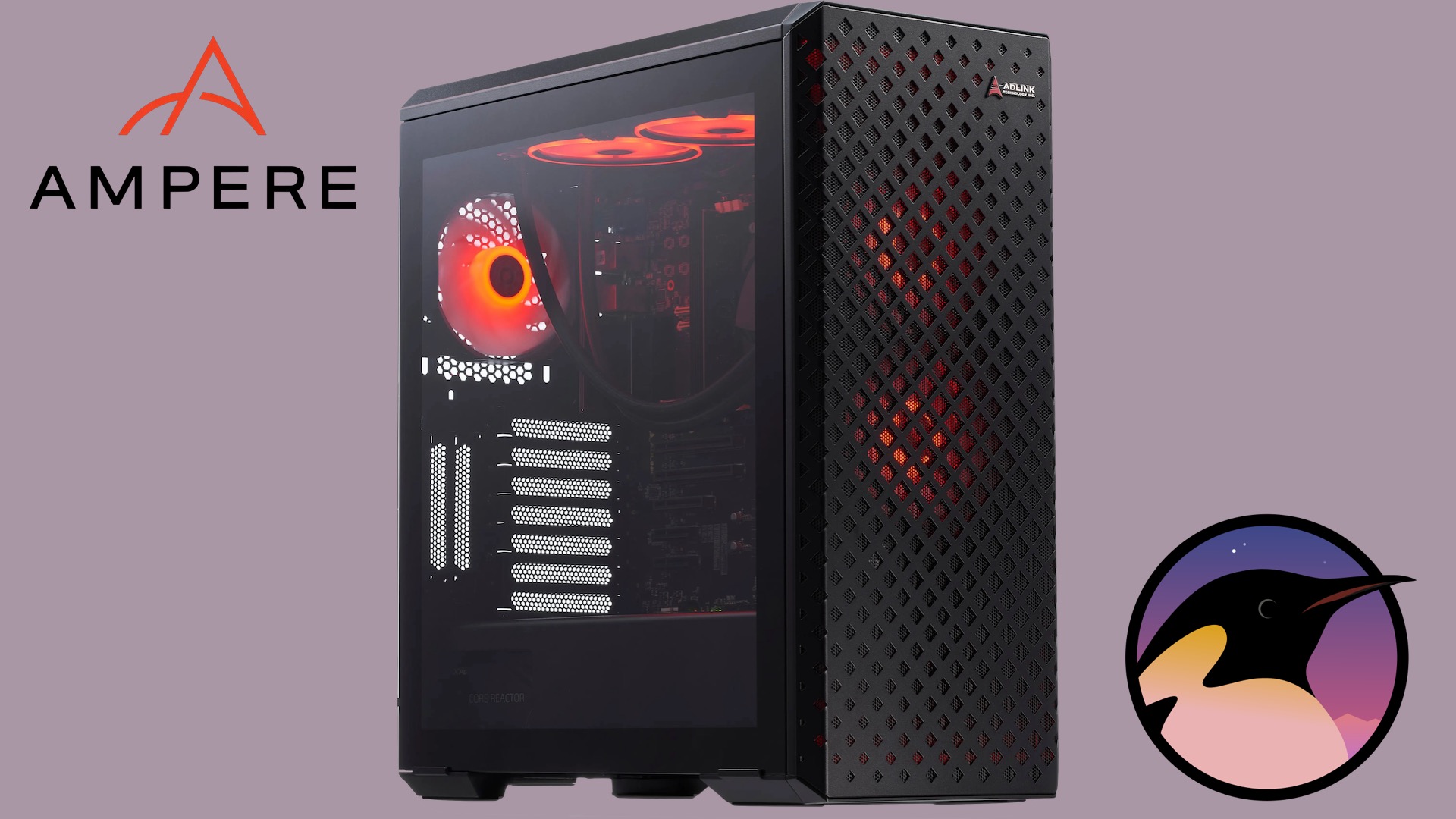Linux kernel creatorLinus Torvaldshas recently upped his game in testing Arm64 Linux. He initially began Arm64 Linux builds on an Apple Silicon MacBook Air, but now, thanks to a more powerful Ampere AArch64 system, he’s doing even more Arm64 testing.
Torvalds, known for creating not justthe Linux kernelbut also Git, worked exclusively on Intel hardware for years. Then, he switched to anAMD Ryzen Threadripperworkstation for his main system. When he got his hands on his MacBook, he routinely used it to compile new Arm64 kernel builds.

Beginning with Linux kernel 5.19, Torvalds was compiling Arm64 builds on a 2022 MacBook Air with Apple’s M2 System-on-a-Chip (SoC). That model only includes 8 CPU cores, though. When Linux 5.19 was released, Torvalds wrote that he was “trying to ensure that the next time I travel, I can travel with this as a laptop and finally dogfooding the Arm64 side, too.”
In hisrelease notes for the Linux 6.9build, Torvalds explained that since he has “a more powerful arm64 machine (thanks to Ampere),” he’s now doing “almost as many arm64 builds as I have x86-64.”

The developer now hasan Ampere workstation/serverwith a high number of Armv8 cores. Torvalds doesn’t specify which Ampere system he has, but some believe it to probably be some variant of theAmpere Altra family.
Yes, theAmpereOnesupports more CPU cores, but Altra workstations are more readily available. With support for up to 128 cores, the Ampere Altra is certainly robust enough for heavy-duty Arm64 Linux testing.
Torvalds explained that he expects he will continue doing quite a few Arm64 Linux builds going forward. He’s still using the M2 MacBook but explained that it’s more for weekly test builds than a daily driver. The daily driver is, presumably, the Ampere system he cited in the release notes.
Get Tom’s Hardware’s best news and in-depth reviews, straight to your inbox.
We’ve contacted Torvalds to ask which Ampere workstation or server he’s using and will update you with any response.
Jeff Butts has been covering tech news for more than a decade, and his IT experience predates the internet. Yes, he remembers when 9600 baud was “fast.” He especially enjoys covering DIY and Maker topics, along with anything on the bleeding edge of technology.